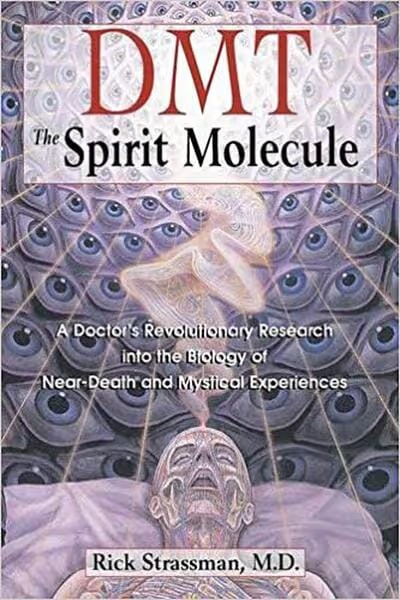Natural
The illusion of "natural" has far-reaching effects in our lives, ranging from misinformation about health choices to erroneous explanations for sexism, racism, and faulty economic policies.
Most faiths share mythology, rituals, and regulations, which are all present in modern nature worship. Nature, with a capital N, is the deity at the core of it all.
Alan Levinovitz, an academic and journalist, takes readers on a journey through the Peruvian rainforest, a visit of a high-tech Dutch greenhouse, wolf-watching in Yellowstone National Park, and a controversial "natural" therapeutic resort. His multidisciplinary approach produces a unique image of nature worship that is concealed in plain sight: in refrigerators and hospitals, sports arenas and economic theories. Natural is the first comprehensive examination of Nature's impact, as well as a reckoning of the sacrifices paid in its name—lives lost, guilt endured, and facts misunderstood. Despite the fact that "natural" has become a synonym for "holy," the so-called "appeal to nature" error may be exceedingly hazardous. Nature's claimed rules have consistently stood in the way of true progress, far from providing a road to earthly paradise. The goodness of "natural markets" is invoked to justify the absence of government controls; "unnatural" sexual conduct is tabooed. There is, thankfully, a remedy. The true natural world comes into focus when we abandon the equation between nature and God: a place where perfection, purity, and simplicity are in less supply than we tell ourselves in stories, but human kindness and inventiveness are empowered to fill the void. Nature is really valuable, and acting naturally is frequently beneficial. Humans, however, are abnormal animals, as Levinovitz demonstrates, and they should not be ashamed to embrace our dual nature. We can only learn to appreciate what is natural—and stop hating ourselves—if we stop worshipping nature.
Sometimes my patients will say, ‘Is it because when I was forty-five, I did X?,’” Vinay Prasad, a hematologist-oncologist, told me. “In those moments, people have intense fear and regret, and when you say it’s not that, it removes something they’re really worried about.”






















































